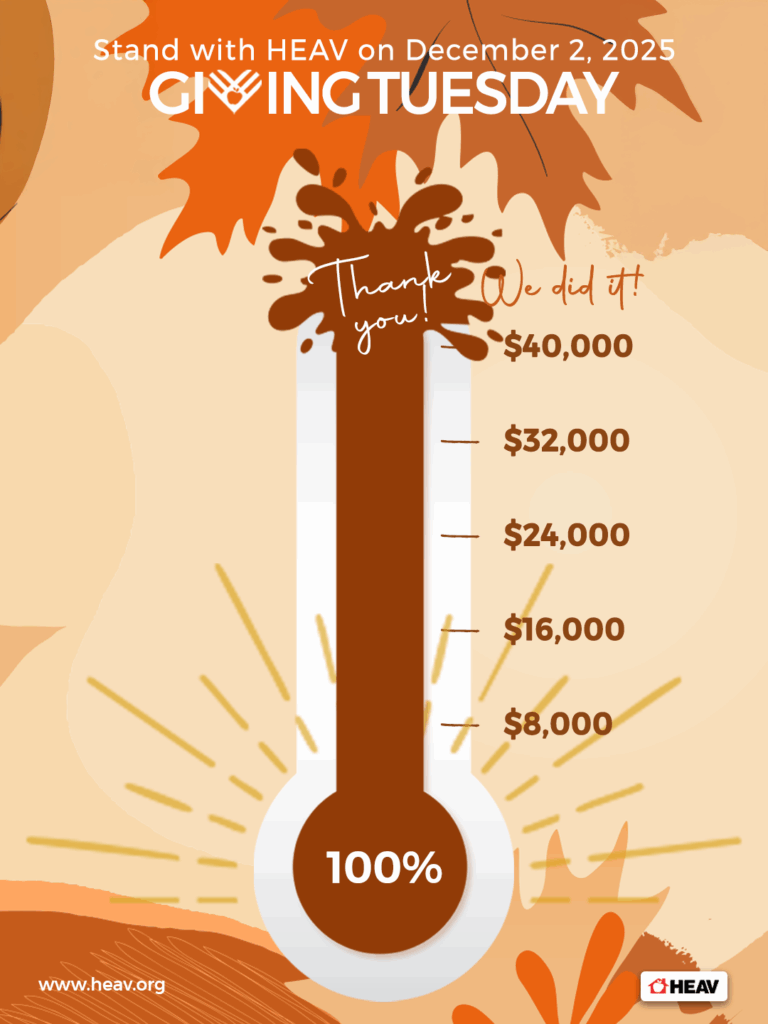Evidence of Progress
Q. I know evidence of progress is due by August 1 because I filed under the homeschool statute, but I really don’t know where to start. What do I do ?
Everything You Need to Know to Submit by August 1
by Patricia Marie
When the first signs of spring begin to appear, homeschool families begin to get their ducks in a row for their required, yearly evidence of progress. If you are new to homeschooling and this is your first time preparing your evidence of progress, you might be wondering where to start. Have no fear—we’ve got you covered! Let’s first look at the law to see what is required of you. If you sent in a Notice of Intent to homeschool, then you are homeschooling under the homeschool law and are required to provide “evidence of progress.”
Evidence of progress is due to your division superintendent’s office by August 1st of each year, and it may be best to take care of it by the end of spring. Preparing for and completing this requirement between February and June gives you the time you need to:
- Consider special needs or other considerations that may require accommodation
- Determine which options for evidence of progress are best for you and your children
- Find the right test or evaluator for the right price
- Schedule the test or evaluation around events and activities
- Allow for the turnaround time frame of the testing company or evaluator
- Retest or choose another evaluation option if the results are not what you expected
- Prepare and ensure receipt of the evidence of progress by August 1st
So, what is “evidence of progress”?
“Evidence of progress” is simply the name given to the documents that you send to your district superintendent’s office to show that learning is taking place.
The law provides several options to choose from in order to satisfy the requirement to submit evidence of progress. You can:
- Submit the results from any nationally normed standardized achievement test or submit your results from an equivalent score on the ACT, SAT, or PSAT test OR
- Submit an evaluation by sending:
- An evaluation letter from a person licensed to teach in any state, or a letter from a person with a master’s degree or higher in an academic discipline, OR
- or a report card or transcript from an institution of higher education, college distance-learning program, or home education correspondence school.showing the scores for math and language arts.
If you plan to provide evidence of progress in a form not specifically listed in the statute, contact the superintendent’s office directly to make sure the test or assessment is acceptable, and be sure to document the superintendent’s response.
HEAV has an excellent and handy flow chart that lays out the information noted above in a very simple and clean way.
Which option is best for me?
Your individual circumstances and needs will play a role in answering this question. But, let’s take a look at your options from a practical perspective.
Standardized Achievement Tests
- Most popular option
- Usually ranges from $20-$60
- Some tests can be given by a parent without a BA
- Some tests can be done online and others can be done on paper
- If your child’s composite score (math and language arts) is in or above the 4th stanine/23rd percentile or higher, then you’ve met the requirements and are good to go
- Taken primarily by students who require no accommodation
- Simple to-do: Find the test, take the test, get the results back, and send them to the superintendent’s office. Done!
If this sounds like a good fit for you, these resources will help you find the test that is right for you:
HEAV’s Testing Resources and Homeschool Law
Test Comparison Chart from Seton Testing
There are many other test suppliers from which to choose, but this list provides you with lots of choices. along with a good overview of what is out there. Remember, any nationally normed standardized achievement test is acceptable to use for proof of progress.
- Evaluations
- An excellent and preferred option for students with special needs or other considerations that may require accommodation
- Costs are dependent on the evaluator’s fees, usually $50 to $100.
- Evaluations are usually conducted by someone other than the parent
- May involve an in-person review along with the submission of a portfolio prepared by the parent*
- A remote evaluation performed via Skype or Zoom, for example, are available by some evaluators, and this could be a more comfortable fit for some students.
- As opposed to standardized achievement tests, the superintendent will receive the evaluation and determine whether adequate progress has been made
Simple to-do: Find your evaluator, complete the work required of the evaluator, receive their evaluation letter, and send a copy of the results to the superintendent’s office.
An evaluator may be anyone who is either licensed to teach in any state or a person with a master’s degree or higher in an academic discipline.
*It is best to find an evaluator early in the year so that you may connect with them to know how they will conduct the evaluation and what materials they may need for you to compile throughout the year. If you haven’t found an evaluator and it is late in the season, don’t worry. Give them a call to see if they can accommodate you.
To find an evaluator:
- Go to Homeschooling in Virginia Facebook Group and ask for recommendations
- Visit HEAV’s Counselor, Testers, and Tutors page
- Call the HEAV office to get guidance from a trained counselor
OK. I have my test scores or evaluation letter in hand. What now?
You just need to send that document to the superintendent’s office. Be sure to:
- Send it to your division superintendent’s office no later than August 1. You may find your superintendent’s address here.
- Send it to the superintendent’s office in a form that they will accept. (Some offices accept emailed submissions and others do not. Be sure to check their website or call them first to check!)
- Keep proof that you have submitted your evidence of progress by the required date with either a certified mail receipt or email time stamp.
Once you have submitted your evidence of progress and you have filed away the proof that you have done so by the due date in your personal records, you’re all done!
Have more questions? Give the office a call. We’d love to help! You may also visit HEAV’s website to read more about all things related to evidence of progress.

Patricia and her husband began their home education journey in 2012, and they consider this decision to be one of the best that they have ever made for their family. Patricia seeks to share the blessings that her family has enjoyed by providing her fellow home educators encouragement, guidance, and assistance as they walk out this journey together. Patricia currently works on HEAV’s legislative team as Yvonne Bunn’s assistant director of government affairs. You can reach her by contacting the HEAV office or finding her online at HEAV’s Homeschooling in Virginia Facebook page.












